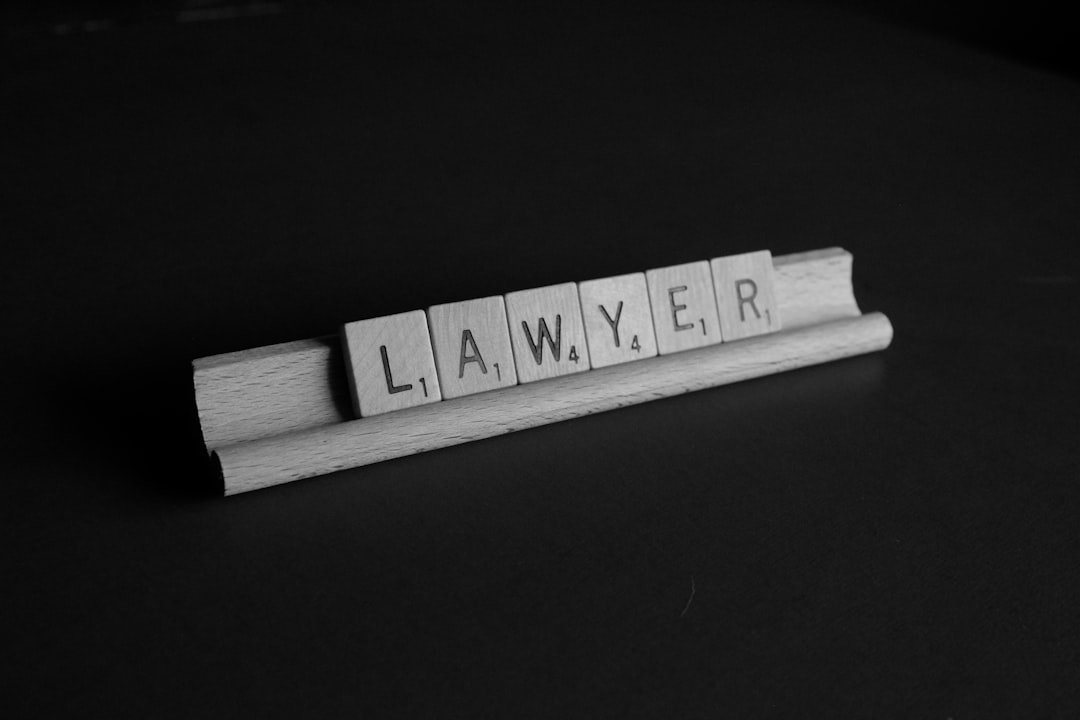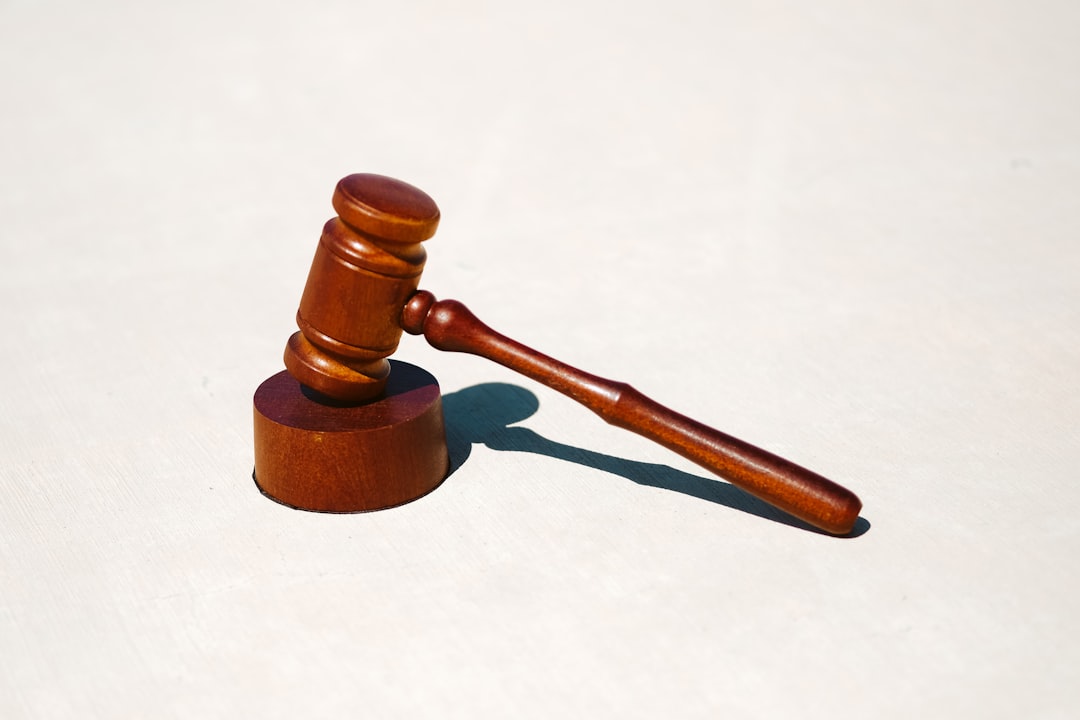Building a strong rape case in Connecticut requires a multidisciplinary approach with comprehensive documentation, including medical records, forensic evidence, witness testimonies, and communication logs. Immediate medical attention and detailed reports from law enforcement, hospitals, and counselors are vital to capture the victim's account. Courts prioritize reliable evidence, relying on physical clues like DNA and crime scene photos. Rape attorneys in Connecticut interpret evidence, help reconstruct events, and offer crucial insights, significantly influencing case outcomes through proper legal representation. Medical records, witness testimonies, and corroborating evidence from bystanders and forensic data are key components in winning cases for rape attorneys in Bridgeport, Connecticut.
In Bridgeport, Connecticut, proving a rape case requires robust and compelling evidence. This article explores the legal requirements and evidence needed to secure convictions in sexual assault trials. From understanding the burden of proof to examining the role of medical records and witness testimonies, we delve into key aspects that rapes attorneys leverage to advocate for their clients. Additionally, discover how specific types of evidence are accepted in Connecticut courts and what legal strategies are employed by experts in this field.
Understanding Legal Requirements for Rape Cases

In Connecticut, as in many jurisdictions, proving a rape case requires a thorough understanding of legal requirements and evidentiary standards. The first step is to establish that a sexual act occurred without the victim’s consent, which can be demonstrated through various forms of evidence. This may include medical records, forensic evidence like DNA testing, witness testimonies, and any communications or messages related to the incident.
Additionally, rape attorneys in Connecticut emphasize the importance of documenting the victim’s account of events immediately after the alleged assault. This includes detailed reports from law enforcement, hospital personnel, and counseling professionals who have interacted with the victim. Consistent accounts across multiple sources can significantly strengthen a rape case. It’s crucial to consult with experienced rape attorneys who understand these legal nuances and can guide victims through the process effectively.
Types of Evidence Accepted in Connecticut Courts

In Connecticut, courts accept a variety of evidence types to prove a rape case, with an emphasis on reliable and credible information. Physical evidence, such as DNA samples, medical records, and crime scene photographs, plays a crucial role in establishing the incident’s circumstances. These materials can provide irrefutable proof of the crime and help connect the accused to the scene.
Additionally, testimony from witnesses, including victims and experts like rape attorneys Connecticut, is highly valued. Experts can offer insights into sexual assault dynamics, provide interpretations of physical evidence, and assist in reconstructing the events. The presence of a qualified rape attorney can significantly impact the case’s outcome by ensuring proper legal procedures are followed and presenting compelling arguments to support the victim’s claims.
The Role of Medical Records and Exams

In a rape case, medical records and examinations play a crucial role in providing evidence. These detailed records, maintained by healthcare professionals, document any injuries, physical trauma, or sexual assault-related symptoms present at the time of examination. They can include forensic reports, which are essential in identifying and linking the accused to the crime. When a rape is suspected, seeking immediate medical attention is vital not only for the victim’s health but also for gathering admissible evidence that can aid rape attorneys in Connecticut.
The exam can reveal physical evidence such as lacerations, bruises, or other injuries consistent with sexual assault, as well as provide insights into the victim’s mental state and any STIs or pregnancy risks. These records serve as reliable documentation to support a rape case in Bridgeport, assisting legal professionals in building a strong argument for justice.
Witness Testimonies and Corroborating Evidence

In any rape case, witness testimonies hold significant weight. These can include statements from the victim, who may provide a detailed account of the incident, as well as from bystanders or individuals who could have seen or heard something relevant. Rape attorneys in Connecticut emphasize that these testimonies should be given careful consideration, especially when they are consistent and corroborate other pieces of evidence.
Corroborating evidence is crucial to strengthen a rape case. This can include physical evidence such as DNA results, medical records showing injuries or sexual assault examinations, and any other relevant forensic data. Additionally, digital evidence like emails, texts, or security footage can also serve as powerful corroboration. These multiple forms of evidence work together to paint a clear picture, aiding rape attorneys in Connecticut in building a compelling case for their clients.
Legal Strategies Used by Rape Attorneys in Bridgeport

In Bridgeport, rape attorneys employ a multifaceted legal strategy to build strong cases for their clients. One common approach involves gathering comprehensive medical evidence, including detailed reports from sexual assault nurse examiners (SANEs). These professionals are trained to collect and preserve physical evidence such as DNA samples, which can be crucial in establishing the defendant’s guilt or innocence.
Additionally, rape attorneys thoroughly investigate the circumstances surrounding the incident, interviewing witnesses, gathering surveillance footage, and reviewing forensic data. They also challenge the credibility of accusers through cross-examination, leveraging any inconsistencies or gaps in their testimonies. By combining these legal strategies, Connecticut rape attorneys aim to protect their clients’ rights and secure just outcomes in court.






